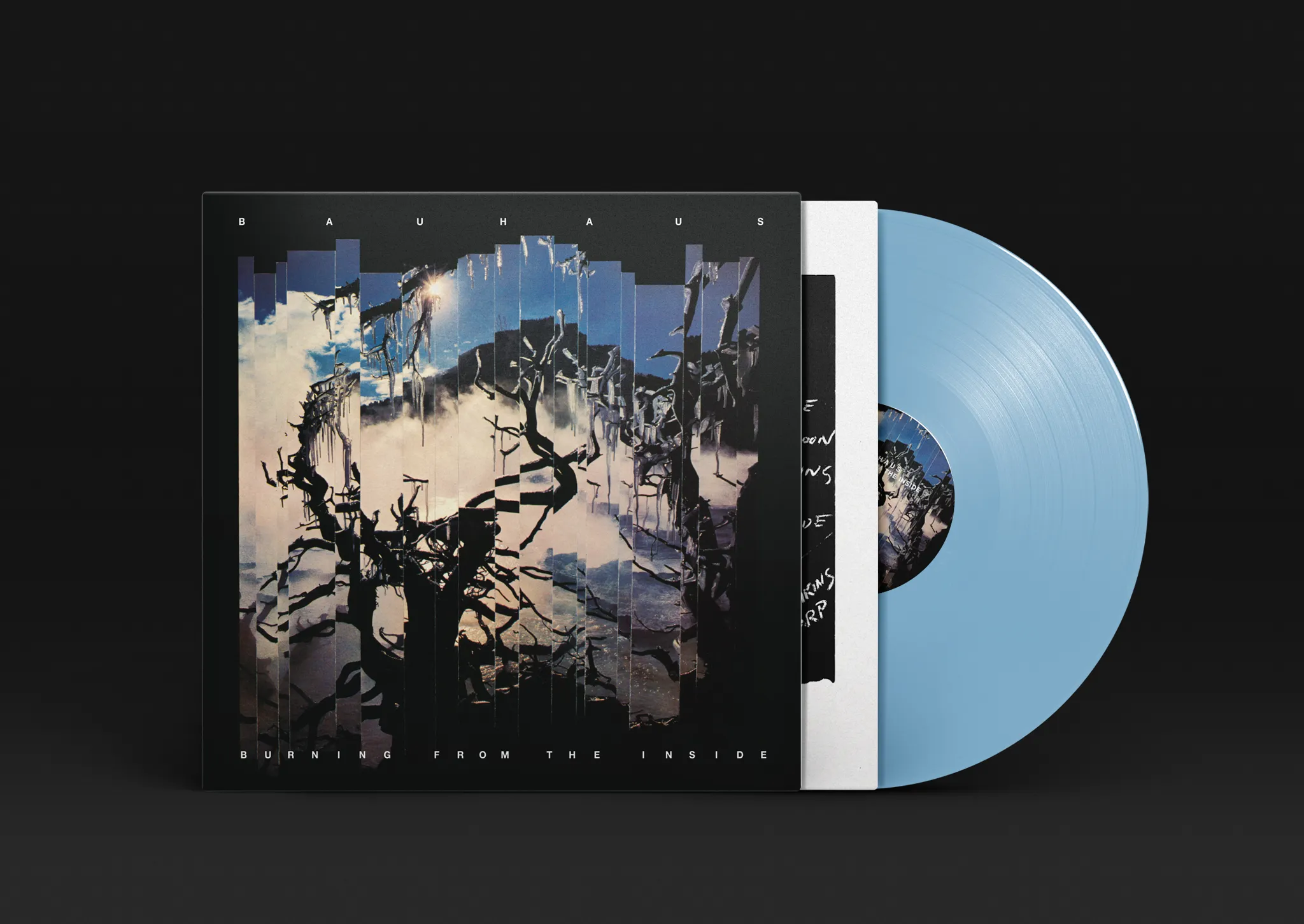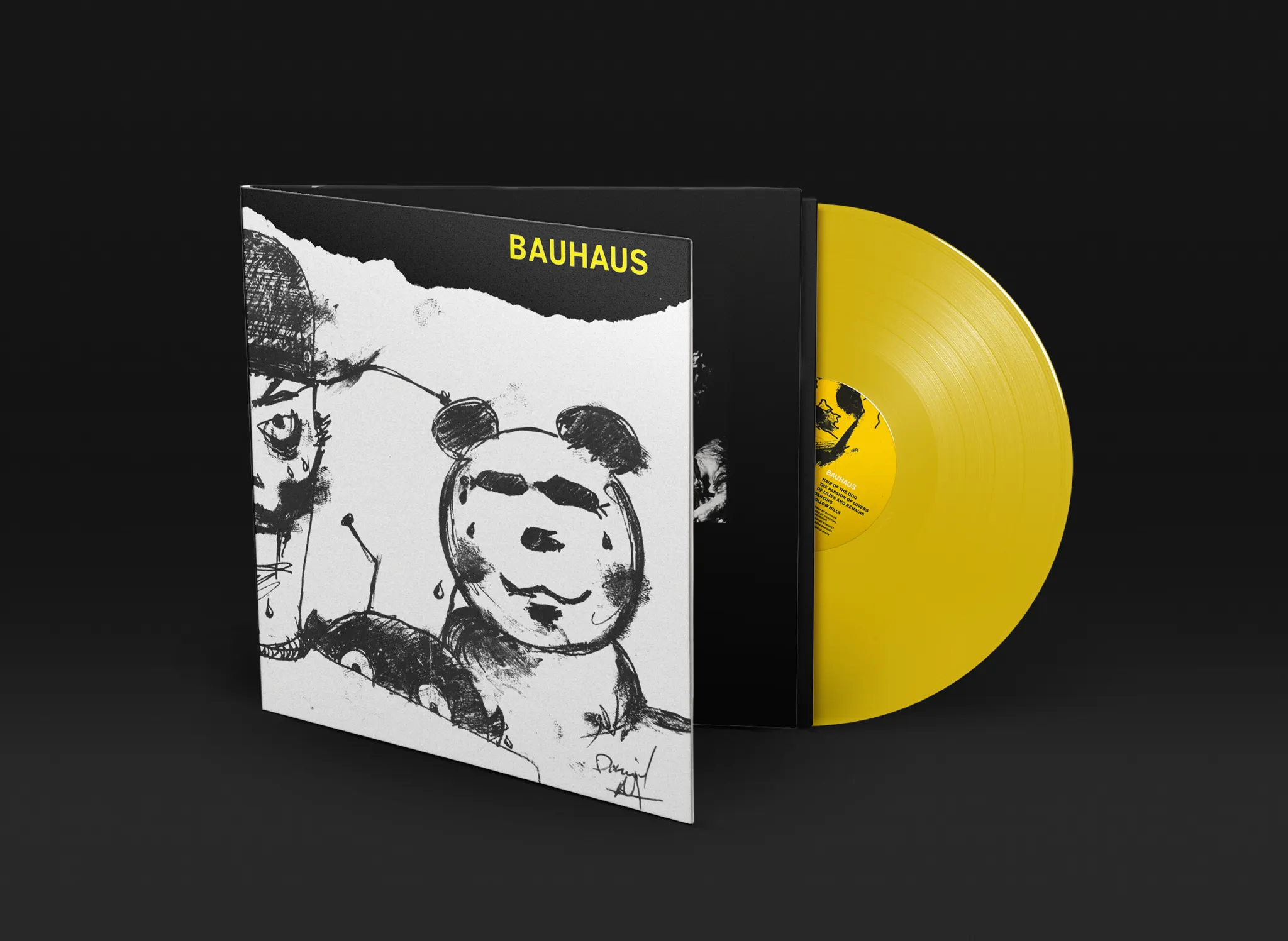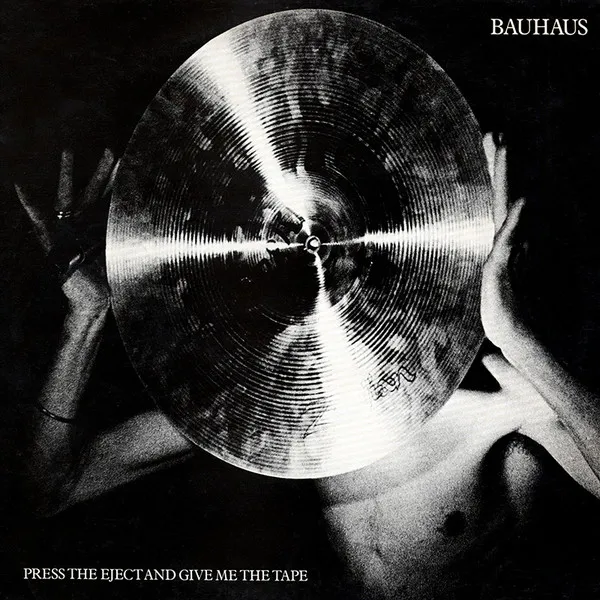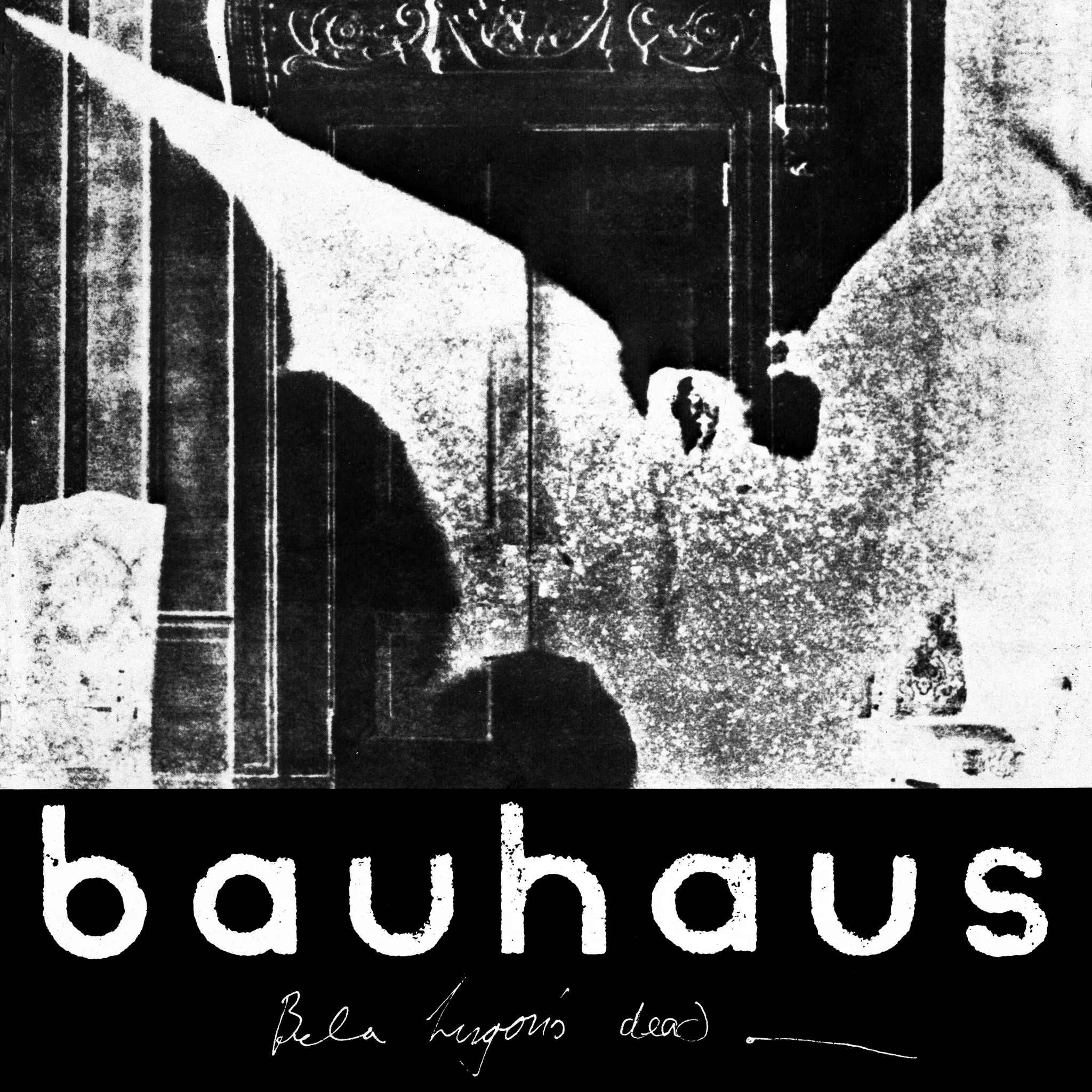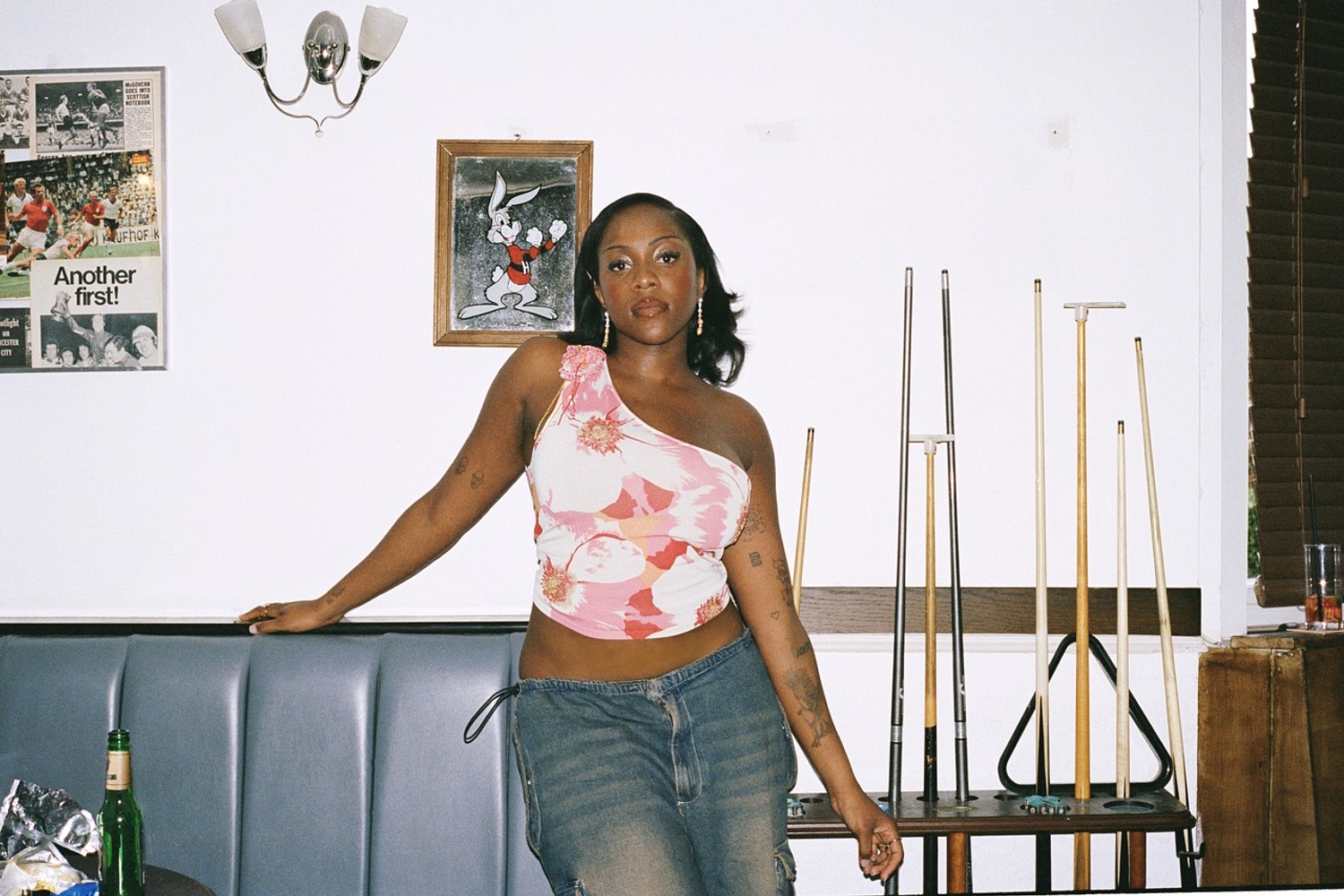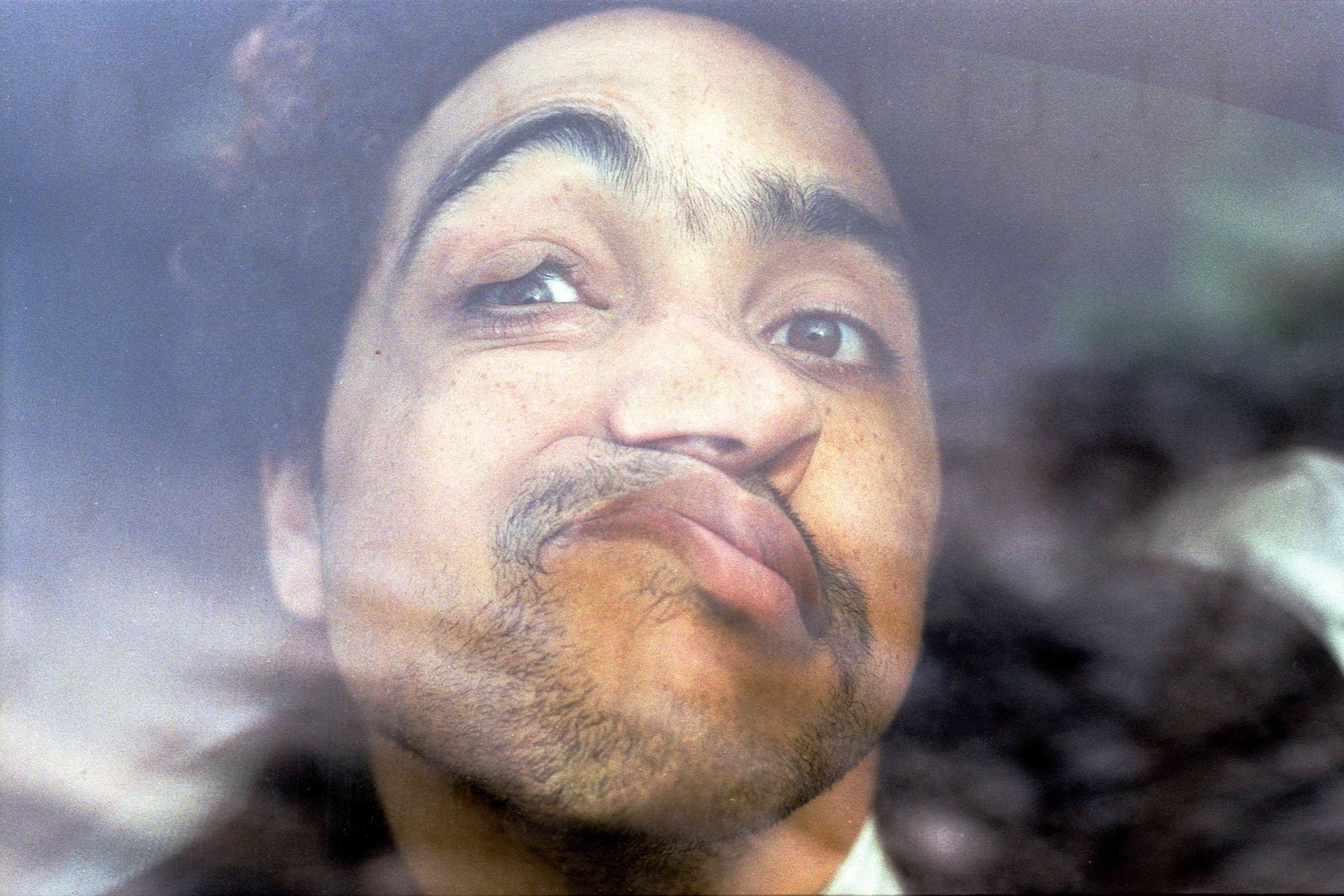News
Bauhaus - Go Away White
4 StarsProbably the last album from a so typically post-punk and new-wave band.
is Bauhaus’ first album since their 1983 split. Having reunited sporadically since 1998 for tours, they do not plan any shows to support this new record, which seems to suggest that, rather than a comeback, it’s a farewell. Probably the last album from a so typically post-punk and new-wave band.
Last, but not least. Yes, ‘Go Away White’ could have been recorded in the 80s: no desperate attempt here at being modern, at renewing oneself to fit the new standards of taste. And at a time when Nouvelle Vague enjoy themselves by turning ‘Bela Lugosi’s Dead’ in to a bossa nova cover, keeping the gothic to make kitsch out of it, they manage to produce a record that, although not stylistically that different from their former albums, never falls in to the trap of sounding dated. New wave, it seems, is more nouvelle than ever.
First track, ‘Too Much 21st Century’ is, as its title suggests, somewhat backward-looking, and the mock social critique of the lyrics is unoriginal and boring. In a way, when they are trying to be of their time, they are much less modern than when they just focus on the music.
The first half of the album is an exploration of post-punk subgenres, from glam to new wave, with a real architecture behind the succession of tracks. But, with ‘Saved’, we suddenly move towards something deeper, to a mysticism that recalls Echo and the Bunnymen’s ‘Zombo’ and its tribal incarnations, or the goth experiments of Siouxsie and the Banshees. The tracks take their time, slowly creating a sacred atmosphere brought along by increasing tension, an underlying angst.
‘Black Stone Heart’ is a redeeming song. ‘I come with the darkness and go away white’: in that line, which gives the album its title, there’s no denial of the band’s former darkness, which is as intense here as ever. But, it is a move towards a brighter light; ambiguous whistles, not exactly joyous, but in a way light-hearted, are like the final twist of a sad tale.
Final track ‘Zikir’, though slow, has in it a sense of story-telling that allows the music to avoid becoming static. Evolution is behind every sound, behind this preacher’s voice. The song fades away, almost discretely, for a modest and moving adieu. If it is one, indeed…
Featuring SOFT PLAY, Corinne Bailey Rae, 86TVs, English Teacher and more!
